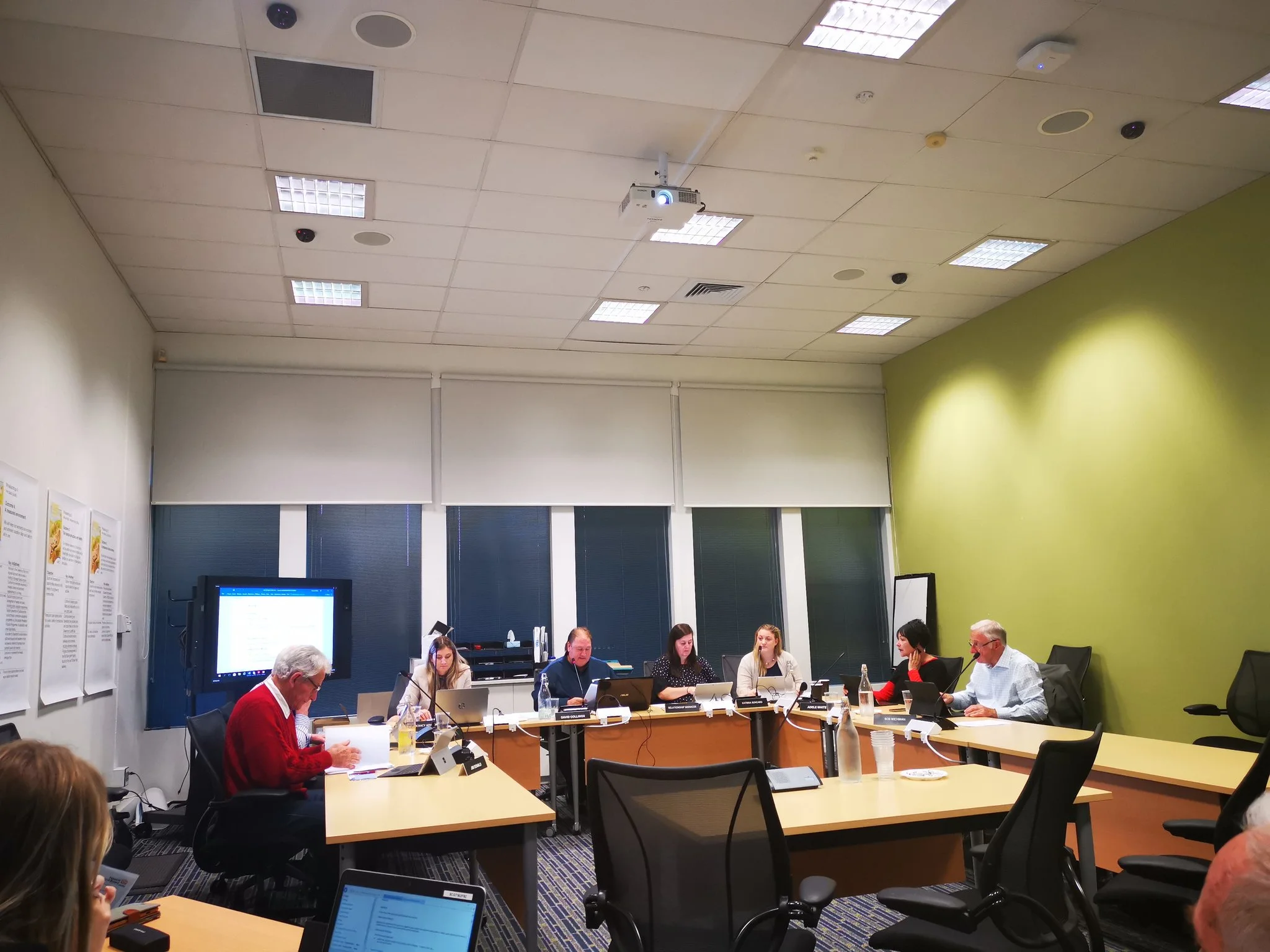
Public consultation on fortnightly rubbish pilot coming soon
Auckland Council is considering running a six-month pilot of fortnightly rubbish collections, but wants public input first.

Pōwhiri for Paul Brobbel
We had the pleasure of welcoming Paul Brobbel, the new Director of UXBRIDGE Arts & Culture, onto O Wairoa Marae -Te Whare Wānanga O Wairoa.

Low voter turnout symptom of wider engagement issue
Every local government election there is a discussion about low voter turnout, yet every election seems to get worse.

Flat Bush deserves the Library and Community Centre it’s been promised for almost two decades
The Flat Bush and Ormiston area has numerous schools and is anticipated to have a population of 40,000 by 2025, yet it has no community facilities or library. Despite promised one for 17 years, the timeline on this project is unclear.

East Auckland deserves good councillors who will get things done
Fortyfoot Park (like Aberfeldy) and other reserves are being sold by Auckland Council in an effort to claw back their massive deficits. In the NZ Herald there was a good column by Simon Wilson that gets to the core of the issue - ineffective councillors.

Embracing our diversity is good for democracy
Last Friday the Korean Positive Ageing Charitable Trust hosted a local election workshop designed especially to help voters understand elections.

Auckland's outdated election system hurts our democracy
Leaving oversight of elections to those the current, flawed system put into power is significant conflict of interest. Out sourcing the operations to commercial businesses is hardly better.

Auckland Council's ineffective governance of CCOs
Considering the massive impact that CCOs have on our daily lives, you'd imagine that they would be a top priority for Council. But in reality "council’s many plans, policies and strategies offer almost no practical strategic direction to CCOs."

Delays to Eastern Busway and Reeves Road flyover shows lack of governance
I’m very disappointed to hear there is more delays to the Eastern Busway project. This transformational project will be great for East Auckland, but is taking too long to deliver.

Our council needs to listen so I'm here to hear your questions and concerns
We deserve a council that listens to the people, so as a candidate I'm making sure I'm available to hear your concerns and dreams for our city.

Localism the council's greatest weakness
Last night I attended the Howick Local Board meeting and Deputy Mayor Bill Cashmore was present to provide an update on regional issues, starting off by noting that localism was the council's greatest weakness. This sums up a lot of the issues that we heard last night but also throughout the city.

Auckland's growth needs to be managed so local voice not lost
It's no secret that Auckland has been growing at a tremendous rate, in many cases faster than our infrastructure can keep up with. It's put a massive strain on our housing, transport, water and environment as well as the people who live here.

Local Board Meetings great opportunity to hear from community
I make an effort to attend every Local Board meeting. It's a great opportunity to hear from locals, on their concerns and ideas for our community. And tonight was no different.

Let's all try to be more like John
Howick locals came together to acknowledge John Sato, a local who has become an inspiration to many. At 95 he caught multiple buses to be at the anti-racism march, setting an amazing example for us all.

Have your say on safer speeds in Auckland
Too many people are killed or injured on our roads - 749 seriously hurt and 64 killed in 2017 is far too many. We need to improve the road design, driver behaviours and increase enforcement but we also need to set realistic speeds.

Art might be subjective but it's meant to communicate an idea
Art is definitely subjective and very few pieces of public art will impress everyone. The new artwork in Howick is controversial and has many questioning it’s value.
